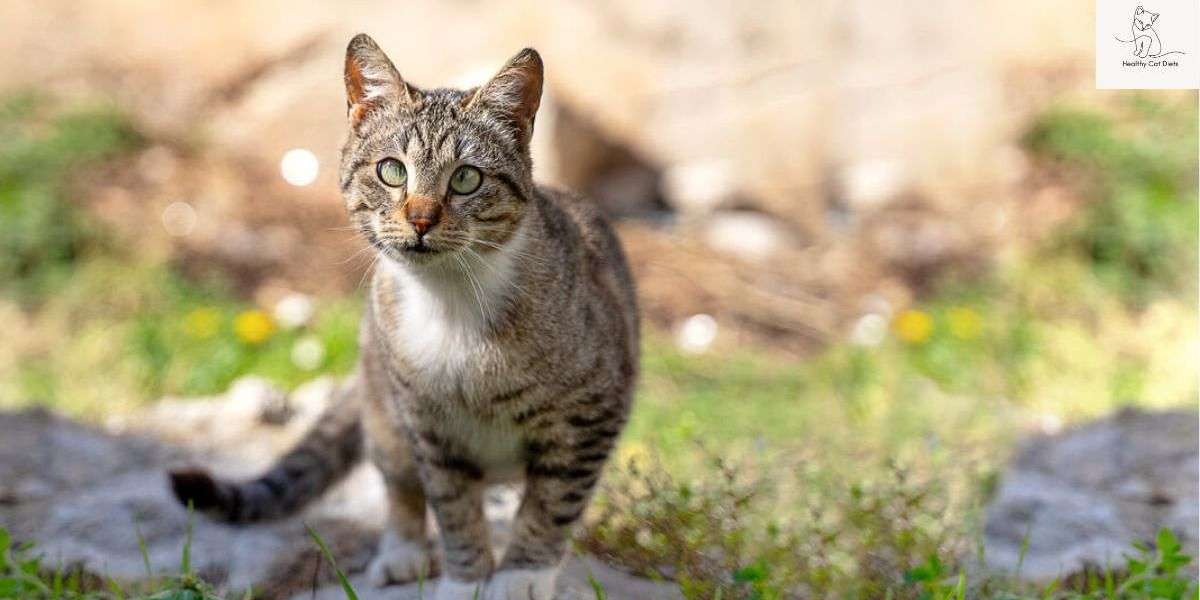One of the most frequently asked questions is whether there are "cats with Down syndrome." In this article, we will explore this topic in detail, dispel some myths, and provide insights into caring for cats that exhibit Down syndrome-like traits.
What is Down Syndrome?
Down syndrome is a genetic condition caused by the presence of an extra chromosome (trisomy 21) in humans. This extra genetic material affects development, leading to physical and intellectual differences. Common features include a flattened facial profile, small ears, and developmental delays. It is important to understand that Down syndrome is specific to humans, but other animals can have genetic abnormalities that produce similar symptoms.
Can Cats Have Down Syndrome?
Myth vs. Reality
The concept of a "cat with Down syndrome" is technically a myth. Cats have a different genetic structure than humans, with 19 pairs of chromosomes instead of 23. Therefore, they cannot have trisomy 21 or the human version of Down syndrome. However, some cats display physical and behavioral characteristics that may resemble Down syndrome, leading to confusion among pet owners.
Genetic Disorders in Cats
While cats cannot have Down syndrome, they can be born with genetic abnormalities or chromosomal defects that result in physical differences. These may include facial deformities like a flattened nose or wide-set eyes, developmental delays affecting their motor skills, or behavioral quirks such as clumsiness, poor balance, or unusual social interactions. Conditions such as cerebellar hypoplasia, hydrocephalus, or feline dwarfism may cause symptoms that resemble Down syndrome, but they are not the same condition.
Recognizing Signs of Genetic Conditions in Cats
If you suspect that your cat has Down syndrome-like features, it is essential to observe their behavior closely. Some signs to look for include unusual facial features like wide-set eyes or a broad nose, motor skill challenges such as difficulty jumping or walking, and behavioral differences such as being overly affectionate or unusually shy. These signs may be linked to various genetic disorders, birth defects, or even early trauma. Consulting with a veterinarian can help identify the specific issue and guide you in providing the best care.
Caring for Cats with Down Syndrome-Like Traits
If your cat shows symptoms similar to Down syndrome, they may require special care to thrive. Regular vet visits are crucial for monitoring your cat's health, especially if they have a genetic condition. A vet can help manage symptoms, provide guidance on dietary needs, and suggest treatments if necessary.
Creating a safe environment for cats with genetic conditions is important, as they may have impaired motor skills and poor coordination. To prevent injuries, consider making your home safer by removing sharp objects or hazardous items and providing ramps or steps for easy access to furniture. Ensuring that litter boxes and food bowls are easily accessible is also essential.
Some cats with genetic conditions may benefit from a specialized diet. Your veterinarian may recommend foods rich in vitamins and minerals to support overall health. Always provide fresh water and high-quality cat food tailored to your pet's needs. Cats with Down syndrome-like symptoms may be more dependent on human interaction and mental stimulation. Engage them with toys, puzzles, and gentle play sessions to keep them active and mentally engaged.
Lastly, cats with unique needs require extra love, patience, and understanding. Celebrate their quirks and differences by creating a nurturing environment that supports their unique personality.
Myths and Misconceptions About Cats with Down Syndrome
It's easy to see why some pet owners believe that their cat may have Down syndrome, given the similarities in physical appearance and behavior. However, it’s important to recognize that cats and humans have different genetic makeups. The idea of a "cat with Down syndrome" is a misconception, but cats can still have special needs that require attention and care.
Conclusion
While the term "cat with Down syndrome" is not accurate, cats can exhibit a range of genetic disorders that result in unique physical and behavioral traits. By understanding the differences and providing proper care, you can ensure that your special feline friend leads a happy and healthy life. Always consult with a veterinarian if you notice any unusual symptoms in your cat to get the best advice and support.







